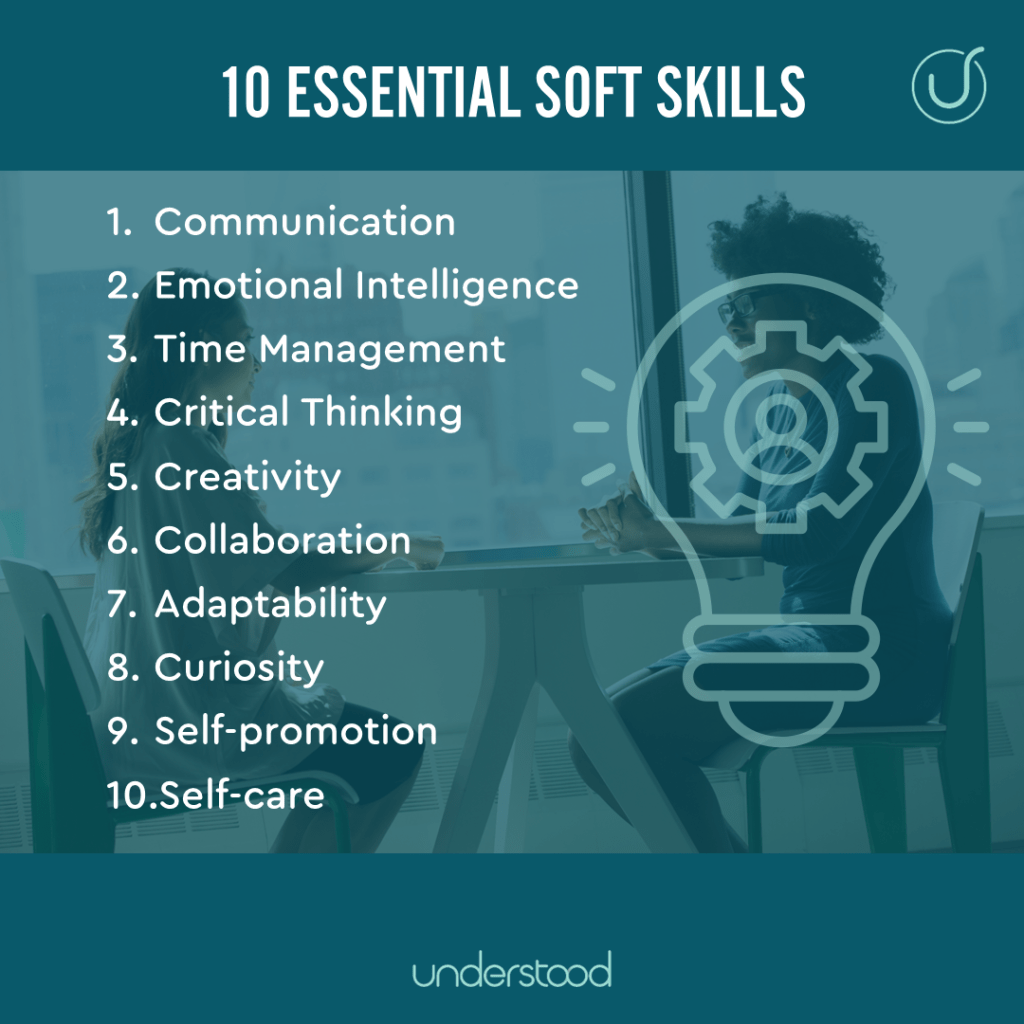
Why soft skills are much harder than you think…
By Carolyn Quainton in Behaviour, Emotional Intelligence, Training
In the workplace, there’s a clear-cut difference between ‘hard’ and ‘soft’ skills. Hard skills are the technical, tangible ones: knowing a foreign language, graphic design, bookkeeping etc.
Soft skills are abilities that combine interpersonal strengths, common sense, personality and people skills. Although harder to define, measure, quantify, and assess, these abilities are crucial for surviving and thriving in the workplace.
The ability to communicate well – at a human level – with coworkers, employers and customers is vital for success, at both an organisational and individual level. Employees with stronger soft skills have a better chance of being promoted to a leadership position than an employee with more years of experience but weaker soft skills.
The future workplace will rely on soft skills. With the rise of artificial intelligence, many technical, hard skills can be automated. But soft, ‘human’ skills can’t really be automated; they still rely on real human beings to perform them well. A study by Deloitte Access Economics predicts that “Soft skill-intensive occupations will account for two-thirds of all jobs by 2030”
“With the newest wave of technology, work will become more, not less, human. People will still be critical for the tasks that rely on distinctly human skills that computers can’t yet replicate.” – Bernard Marr, Forbes, Sept 2022
10 essential soft skills that enable today’s employees to thrive
- Communication – Having good interpersonal skills; being able to listen, understand, and convey your ideas
- Emotional Intelligence – Understanding and managing your emotions and the emotions of others; having and showing empathy
- Time Management – Being organised, effective and efficient in how we work
- Critical Thinking – The ability to find trustworthy data, use it to solve problems and make complex decisionsions
- Creativity – The ability to imagine, dream, and generate new ideas
- Collaboration – Integrating and working well in a team with others
- Adaptability – Having an adaptable mindset; being able to accept, manage and celebrate changes as they come up in the workplace
- Curiosity – Maintaining a growth mindset and ensuring we continue to learn and grow, personally and professionally
- Self-promotion – Building relationships, growing your network, and maintaining your online and offline reputation
- Self-care – Finding work-life balance and taking care of your physical and mental health

8 reasons why soft skills are so important to businesses
Soft skills are needed across all industries. And if you invest in the development of your employees’ soft skills, you can expect to see employees who:
- Are more productive
- Are better teamplayers
- Remain loyal to your organisation
- Feel happier and more engaged
- Have better mental health
- Deliver better customer service
- Communicate more effectively with colleagues and customers
- Are able to move into leadership positions
If you can cultivate those skills that relate to how you think, work and connect with other people, you’ll be sure to succeed in today (and tomorrow’s) workplace.
How hard is it to learn soft skills?
There are a huge amount of benefits to picking up and honing your soft skills, regardless of whether you are an employer or employee. But soft skills can be hard to learn. Some people have inherent leadership abilities or are naturally good communicators, but others must pick up these traits and habits over time. And that’s where effective training comes in…
If you need a little extra help, Understood can help you master soft skills such as communication, emotional intelligence, resilience, influence and more. Contact us today for more information on our soft skills training and all the other information we offer!


